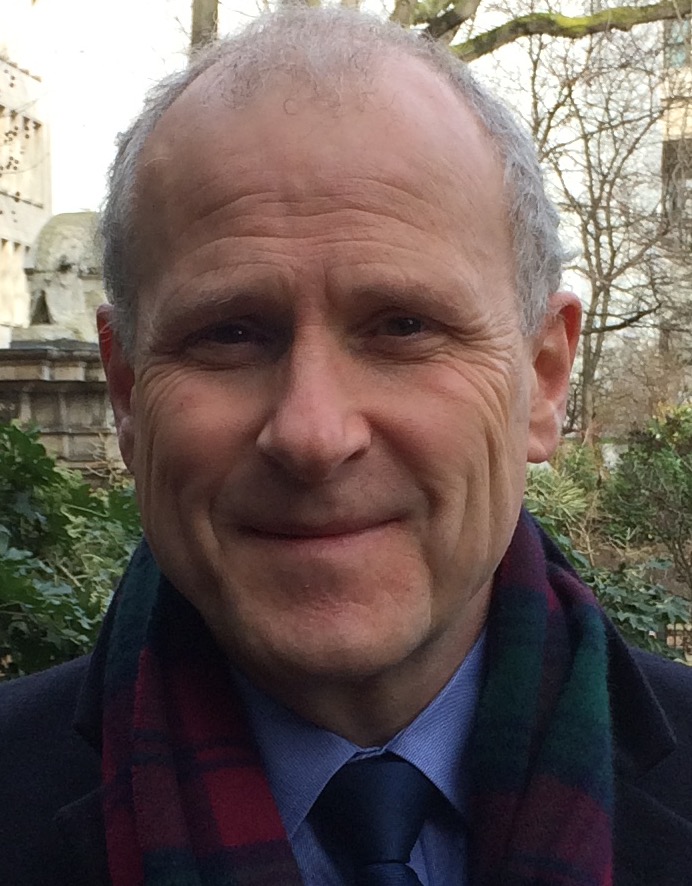
As global societies increasingly rely upon the digital space to deliver almost everything from health, transport, logistics solutions to infrastructure, energy systems and smart cities, the modular, inter-related architectures deployed to deliver these services will only work if society trusts them.
The modern way is to be first to market, or to secure a dominant market position. However, achieving that across multiple jurisdictions and cultures, at pace – without potential corporate memory, oversight or control – risks operational integrity and jeopardises the safety and security of everyone. And this is particularly important now, as societies around the world are starting to allow technology-driven, digitally integrated drone operations into daily life.
There is a big question as to whether smart city technology pioneers are currently capable of establishing the required levels of trust between the communities they want to serve and the systems they plan to put in place.
In her 2017 paper “Trusting Digital Technologies Correctly”[1], Mariarosaria Taddeo examines the concept of trust in the digital space. She states that trust is a crucial component of mature information societies where we trust the technology and expect to be able to trust it. “Digital technologies are (now) so pervasive that trusting them is essential for our societies to work properly,” she says. And she is right. For the most part we do trust smart systems to make the best decisions and to help us perform significant tasks – such as flying us around the globe.
But a failure of supervision, she says, can endanger our safety and security. She cites the example of the discovery of implicit bias of COMPAS, a machine-learning based software deployed to determine recidivism risks in the US. She advocates enforcing transparency in the way digital technologies are deployed.
While companies like SoftBank Corp, NEC Corporation, Arm Holdings and thousands of others strive to deploy machine-learning and other impressively clever technical solutions it is clear that establishing effective transparency and stewardship of integrated operations is imperative. Certainly Dr Taddeo feels that relying upon individual technology companies as information gatekeepers to self-regulate, or regulate service activities by endorsing an ad hoc approach is neither satisfactory nor feasible.
To be sure this is not a barren area of oversight and control. For example the UK Government’s Office for Artificial Intelligence, a unit run jointly by the Department for Digital, Culture, Media and Sport (DMCS) and the Department for Business, Energy and Industrial Strategy (BEIS) openly promotes its role as a standard-setter and commissioner of services and the need for data sharing and data trust. It is also active in helping to bring investment, inter alia, into the fintech and drone sectors.
This is fine as long as there is policy, technical and strategic alignment between countries and cultures. But to date the track record of the harmonisation of policies or technologies – indeed even the sharing of data – between countries, even between allies – makes the likelihood of global compatibility and policy coherence feel somewhat improbable. On data sharing between the EU and other allies, there are boundaries (e.g. GDPR) and considerable self-interest. Running global databases to secure the integrity of the medical product supply chain involves the World Health Organization (WHO), but it has no supra-national powers to oblige member states to submit to a mandatory compliance regime.
So perhaps before we are de-skilled by AI, or before we abrogate responsibilities to AI, or before we lose control of our surroundings and place AI inside a protocol that we cannot then challenge (assuming we still have the ability to recognise suspect data or have the time to respond to the problem once determined), we need to ensure that all digital integrity, digital transparency and coherent integration is at the heart of the evolution of unmanned air traffic management policy-making and system implementation.
Guy Woods,
Managing Director, Lacuna Research Ltd
[1] Taddeo M, Mind & Machines (2017), 27:565-568

